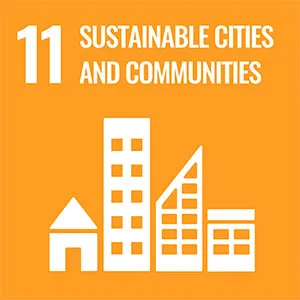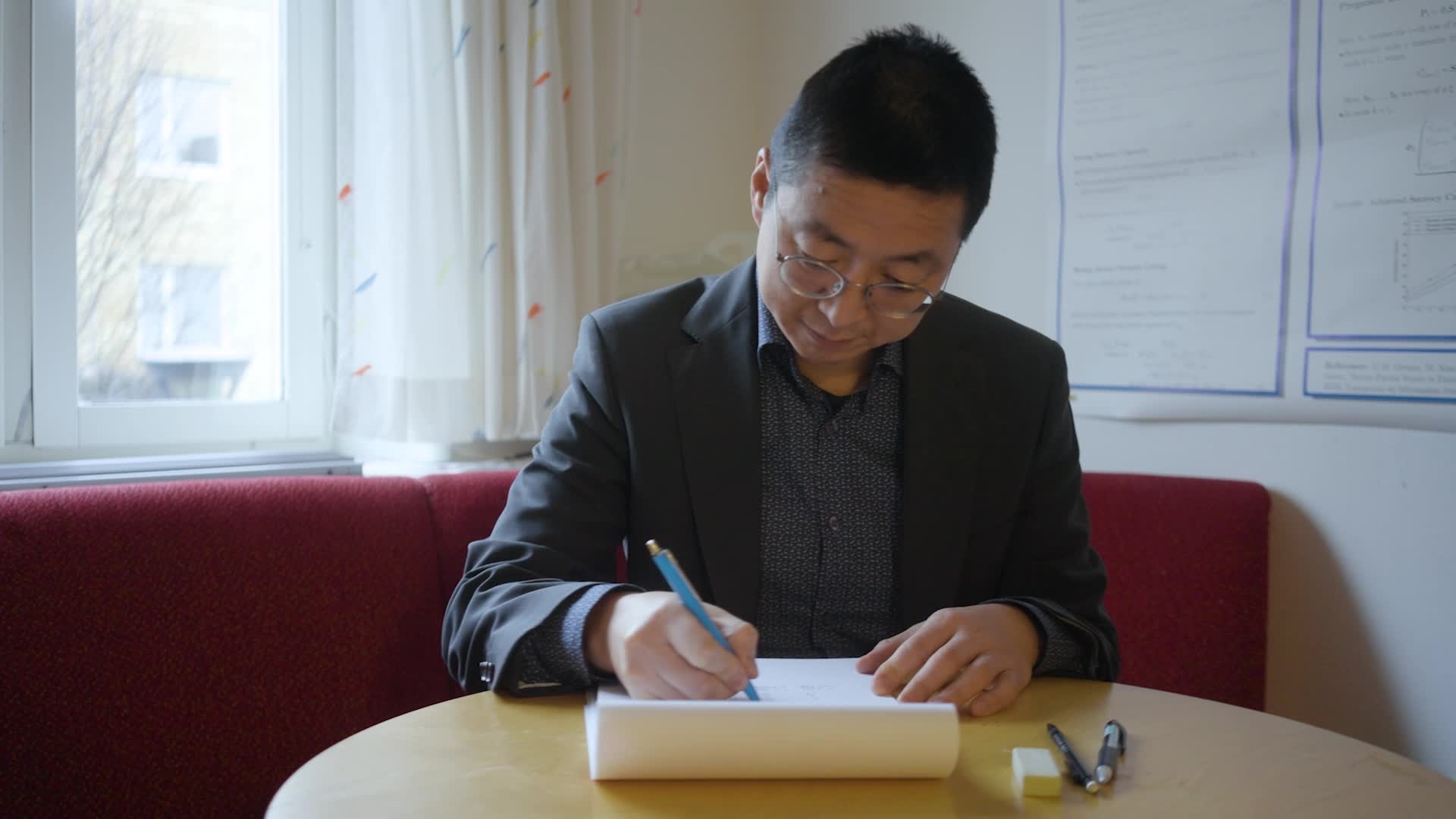MSc Information and Network Engineering
The master's programme in Information and Network Engineering addresses the digitalisation of modern society and the rapid evolution of advanced communication systems. It covers the enabling technologies behind smart homes, smart grids, big data and autonomous vehicles. Students gain a solid foundation in data analysis, wireless communications and networking, and expertise through specialisation. Graduates lead research and development within the field.

Information and Network Engineering at KTH
We live in an increasingly connected world where not only people but also a rapidly growing number of sensors and devices are going online. To maintain and develop the high-tech industry around the world, we need engineers who cannot only use but also understand and develop new solutions for advanced communication systems and for methods used to analyse and process the vast amounts of information that flow in different networks.
To an increasing degree, this need is also seen outside the traditional information and communications technology sector. Examples include the new sector of companies based on cloud services, the more conventional manufacturing industry and the motor vehicle industry.
This programme prepares you for a future professional role by providing a broad basis in communications and data analysis. You choose one of four tracks to acquire in-depth knowledge of the area.
Tracks
- Information engineering focuses on machine learning, pattern recognition, signal processing and information theory. Graduates apply these skills to a wide variety of challenges such as predictive maintenance in industry, biometric identification, or real-time medical monitoring systems.
- Multimedia processing and analysis focuses on problem-oriented solutions to process and analyse multimedia signals such as video, images, and audio. Applications include autonomous vehicle vision systems, advanced video compression for streaming, and AI-assisted medical imaging diagnostics.
- Communications engineering focuses on wireless communications and further explores communication theory, coding, machine-type communications, or antenna design. This track prepares you to work on technologies such as 6G networks, satellite communications, and large-scale IoT deployments.
- Networked systems focuses on the design, performance analysis, management and, not least, the security of wired and wireless networks and networked systems. Graduates contribute to building robust and secure, high-performance networks for critical infrastructure, cloud services, and connected transport systems.
No matter which study track you choose, you will also get training in engineering skills such as team work, project planning, documentation and presentations, and have a chance to select elective courses from all of KTH.
KTH's close collaboration with leaders of research and industry ensures that the programme meets the needs and expectations of the industry and connects you with your future employers during your studies.
Master's degree project
The degree project is one semester of full-time work and is usually completed during the final semester. You carry out the project in an industry setting, at a KTH department, or at another technical university or research institute anywhere in the world.
Examples of degree projects made by former students
- Deep Learning for Prediction of Falling Blood Pressure During Surgery
- Ethical Hacking of a Smart Video Doorbell
- Polar Codes for Biometric Identification Systems Wi-Fi 7: Multi-Link Operation in XR industrial scenarios
- Predicting Buffer Status Report (BSR) for 6G Scheduling using Machine Learning Models
- Development and Testing of Performance Assessment Equipment for Elite Fencers
This is a two year programme (120 ECTS credits) given in English. Graduates are awarded the degree of Master of Science. The programme is offered mainly at KTH Campus in Stockholm by the School of Electrical Engineering and Computer Science (at KTH).
Courses in the programme
The courses in the programme cover topics such as Data Analytics, Signal Processing, Digital Communications, Multimedia Processing, Networking, Machine Learning and Network Security.
Courses in the programme Information and Network Engineering
Future and career
The master's programme in Information and Network Engineering provides a solid foundation in the strongly connected fields of data analysis, multimedia processing, networking and communications, and with the opportunity of gaining expertise in one of these areas.
The programme prepares you for a future professional role in research and development. Many companies in the Stockholm area are working with telecommunication technologies and in emerging areas such as the Internet of things, cloud computing or industry digitalisation. Graduates of the programme work at companies like Google, Skype, Ericsson, Huawei Technologies, Telia company, Nokia, AFRY, Cisco, ABB, Avida finans and Scania. Recurring titels include system developer, algorithm developer, PhD student, network engineer, researcher, computer vision engineer, lecturer and product portfolio cost analyst.
A majority of graduates find work in research and development at companies in the field of communications and digitalisation. Elective courses with strong theoretical content in networking and information engineering benefit those interested in a research career and provide a solid basis for doctoral studies in Sweden or anywhere in the world.
Information and Network Engineering will continue to be pivotal in how our societies operate, and KTH will play an essential role by providing talent and creativity for the future.
Sustainable development
Graduates from KTH have the knowledge and tools for moving society in a more sustainable direction, as sustainable development is an integral part of all programmes. Three key sustainable development goals addressed by the master's programme in Information and Network Engineering are:



Both communication and information analysis plays a crucial role in enabling technologies for achieving several of the UN Sustainable Development Goals, for example, in developing smart cities, safe and efficient transport systems and resource-efficient production. In the programme-integrating course The Sustainable Information and Network Engineer, students can analyse, reflect on and discuss practical cases where their technical expertise can contribute to a more sustainable world.
Faculty and research
The master’s programme in Information and Network Engineering is offered by the School of Electrical Engineering and Computer Science at KTH . The field of Electrical and Electronic Engineering at KTH is currently ranked 23rd in the world by QS. The area of Telecommunication Engineering at KTH is ranked 32nd in the world by the Academic Ranking of World Universities (ARWU), the Shanghai ranking. Faculty from the departments in Information Science and Engineering, and Network and Systems Engineering, teach courses within this programme and all teachers are also active researchers in the area.













